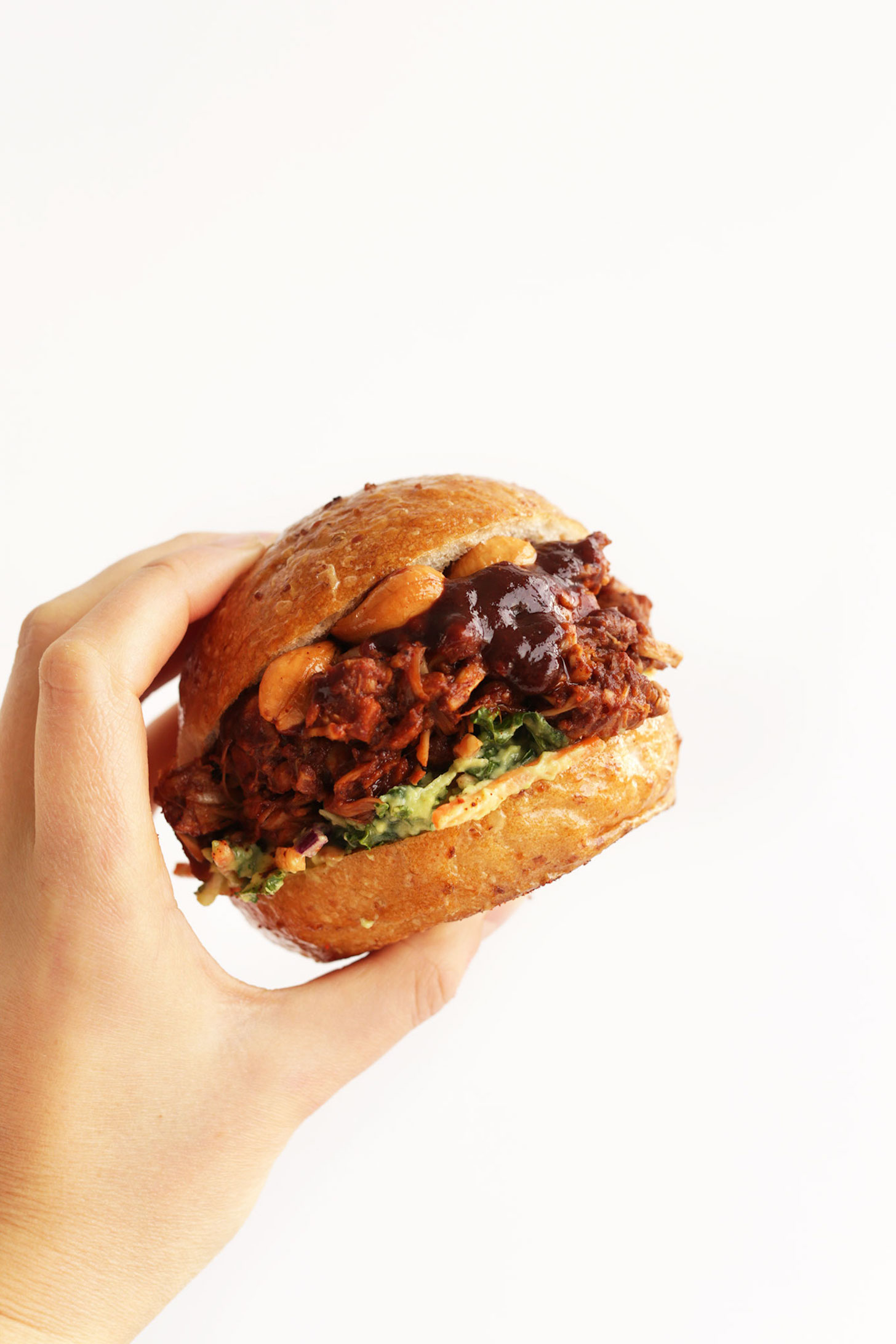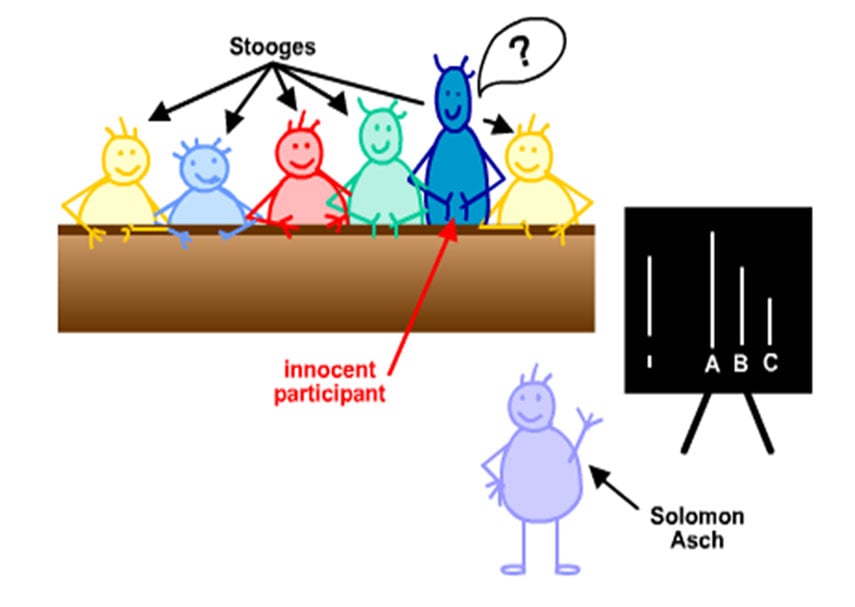Just sneaking this in here. Long discussion but nobody mentioned something similar to my take on this. Humans *are* animals. It seems as though that tends to get downplayed or forgotten?
1) As such, we don't have fewer natural born rights than any other animal, other predators/omnivores included. Animals eat animals. I'm an animal. I will not feel ethically obliged not to eat animals.
2). Because I am a human consciously aware of the cause/effect nature of our impact on ecology, humans might be argued to have an ecological obligation to eat animals, wild or domestic.
In the case of the American Bison, for instance, it's *that* we eat them that they exist today at all. The unprecedented success of their return from the brink of extinction (by humans, yes, starting with predation by indigenous peoples) is largely due to, and continues to be hugely dependent upon, bison producers. Can't apologize for what happened in the past. But eating them is necessary to their future. Vegetarians contribute nothing to that conservation effort.
And managing the wild herds, what would we do with the cull from Yellowstone each year, to maintain the herd's health, if not eat it? Make it all into dog food? (But why should only dogs get what is, after all, the no. 1 most nutritive meat for human consumption?).
The bear eats salmon from the stream, not just shoots and berries. Even red deer have learned to tear the heads off sleeping sea birds and eat them for the calcium. Heck, National Geographic documented a whitetail deer eating a human carcass, grabbing a photo of the animal, surprised mid-meal, with a rib dangling from its mouth.
And animals kill animals not just for food. I recall footage of frenzied wolves chasing and killing caribou just for the sheer exhilaration of it, never going back to carcasses that lay behind them at the end of the chase). No one shames them for it. It's part of their nature, part of nature as a whole. The carcasses they left behind no doubt fed scavengers. Eating meat is natural. And its good stewardship. I happily embrace nature by taking my place on the planet as a carnivore -- totally appreciating those who by their own choice prefer not to. Just... don't claim there's no justification for eating meat. It's *not* eating meat that requires justification.
This is nonsense. It is true that humans are animals, but humans understand morality and can make ethical choices (such as the choice of inflicting the least amount of harm / suffering possible).
Also, the idea that animals can be "managed" by killing them is speciesist, because that's not something that would happen to humans -- humans are never managed/killed to "balance" an ecosystem.
You argue that because humans are animals, they can behave like other animals (i.e. killing other animals). The flaw with this reasoning is that is that humans do not have to do exactly what occurs in nature -- non-human animals don't understand moral concepts, but humans do, so humans ought to not kill animals. Your argument is a naturalistic fallacy argument.
You also claim that vegetarians don't contribute to conservation, which is nonsense. You have no proof that vegetarians don't contribute to conservation.
Also, you would probably agree that humans have a right to live -- so what makes it OK for non-human animals to be killed? Why are their lives less important to you?
My diet is mostly vegan, though I make exceptions for fish and chicken. I have vegan friends and your fear OP is irrational. I actually had a good chuckle reading it.
This makes no sense. If you eat chicken and fish, you are not a vegan, and you aren't even a vegetarian -- you are a meat-eater. A vegan person does not eat any animal products. Also, why do you (apparently) consider the lives of chickens and fish less valuable than the lives of other animals?
Bison's so expensive. I'll probably have to settle for a 2 1/2" - 3" thick "tomahawk" they have here. Sous vide that for about 45-50 minutes to medium rare, then finish it to a thin, charred crust over a pile of red-hot briquettes.
You really piss me off. Stop treating living beings as exploitable objects -- bison, and other animals, have a right to live, in the same way that humans have a right to live. Your justifications for eating meat are incredibly weak. And the way you talk about cooking animal meat is really callous and heartless.
I've already dealt with the objections of the "don't eat meat" community on my own, personally, within myself. Not against *them*, but against *me*, as my own objections. *I* had difficulty for a long time coming to terms with it. I've been to a packing plant. I've seen live beef cattle killed and instantaneously hung from hooks, traveling up a conveyor, gutted while they were moving down the line, hided, split... the eyes still twitching, the jaw muscles still quivering as their skinless heads kept moving, the rest of them already divided up. I heard them bawling in the line, knowing that death lay ahead, no way to back out.
I've driven the "skins" truck, that took hides run through scraping rollers to get the fat and meat sticking to them off, from the plant to the hide treatment facility 120 miles away.
I also noted how efficient, clean and quick it was. And ... at the end of the run, hungry, I grabbed a burger... or if I had time, sat down to a steak.
I'm good with that.
You are a callous, heartless person. The fact that you are indifferent to animal cruelty and suffering is horrifying. You apparently have no empathy whatsoever towards living beings. Also, your description of killing a deer is horrifying as well. You do not love deer, because if you did, you would not kill them.
I assume you would not approve of humans being "hung from hooks" and butchered -- so then why are you OK if it occurs to a non-human? If your answer is, "because they're not human", then you're a speciesist.
Stop treating deer, cows, and other animals as objects -- realize that they are like humans: they can feel pain and suffering, they have consciousness, they have sentience, they have a right to live, and they have an interest in not being killed. Also, you need to realize that killing an animal (either through slaughter or hunting) is basically murder.
You apparently only think about the interests of humans, not other (non-human) animals.
To intentionally, deliberately take the life of another sentient creature takes nerve. I'm proud to have that nerve. To disembowel it, select choice organs and set them aside, hide it and prepare the hide for leather projects (they used to have drop boxes to put them in, and in trade you'd get deerskin gloves or a knife or something like that). To bone the meat from the skeleton. To know how to make meat dishes from it, how to prepare and cook it, how to serve it, what to serve it with -- these are skills you'll never make me ashamed of. They are skills I've passed on to my children and they will pass on to theirs.
You are callous, heartless, and cruel. Killing an animal and using its parts is intrinsically unethical. The fact that you have no empathy for other living beings makes me sick. Based on what you've said, you approve of animal torture. Also, you are talking about animals as though they are "things", which they are not. They are beings with a right to live -- as @SkawdtDawg said, animals are someone, in the same way that a human is a "someone". Also, the fact that you're OK with killing some animals, but not others (such as dogs) makes you a moral hypocrite.
From a religious perspective, although livestock animals weren't directly created *by* god, they were created by man using man's god-given gifts, our genius brains, and following *our* nature. So in short, our livestock animals were still created by god. We ARE part of god's plan. What we do is part of his/her/its plan. Same as we did to create and maintain grain supplies of corn and wheat and farm previously nonexistent plants. Same as we did to make "eating" apples, which left to their own devices return to crab apples in relatively short time, just a couple generations. Swine, poultry and beef, no different.
There is no God (at least, no anthropocentric God) and there is no "plan" -- the "God's Plan" thing is nonsense. Things happen chaotically (i.e. without a "plan").
At the very least, we *are* creatures, too, designed by god, and part of nature. We have a right to be here. And we have a right to take our place as the apex predator, clever enough to use the tools of nature laid before us to our purpose, same as any other creature does.
This is speciesist bullshit. Just because humans can exploit animals and land doesn't mean they should. Non-humans animals are not ours to butcher, kill, torture, etc. Humans do not have a "right" to do whatever they want to animals and the environment. Morally, humans are not the "apex" of anything. Also, humans were not "designed by God" -- they are a product of evolution, just like every other animal species.
Look at nature. There are prey animals and predators. Which are we? Generally, predators.
This is bullshit. Humans do not have the role of "predator" as you claim -- they have the ability to create their own role (based on ethics) that involves not harming other animals.
See? The sides are entrenched. No point in continuing. I don't care what *vegans* eat. I'm not out to convince them to start eating meat. But when they start imposing their beliefs on others, turn it in to a political movement, well, then... we meat eaters have no recourse but to push back.
As @SkawdtDawg said, there's a reason vegans are criticizing meat-eaters -- it's because meat-eaters won't leave animals alone. In other words, meat-eaters (and those who support slaughter and hunting) are infringing on an animal's rights and interests. An animal has an interest (and a right) in not being killed, and people who kill animals are violating those interests. You talk about vegans imposing themselves on meat-eaters -- well, meat-eaters are imposing themselves on animals, and they shouldn't.
Last edited:










